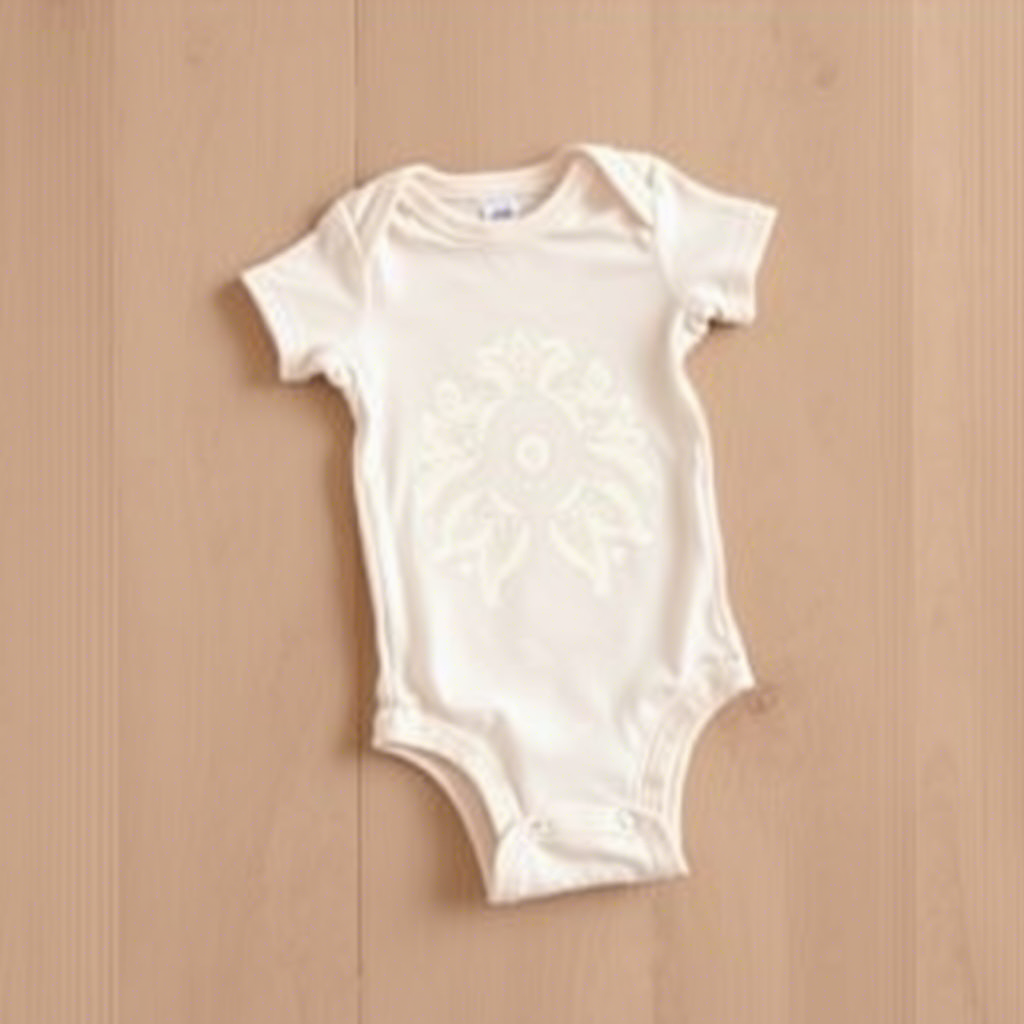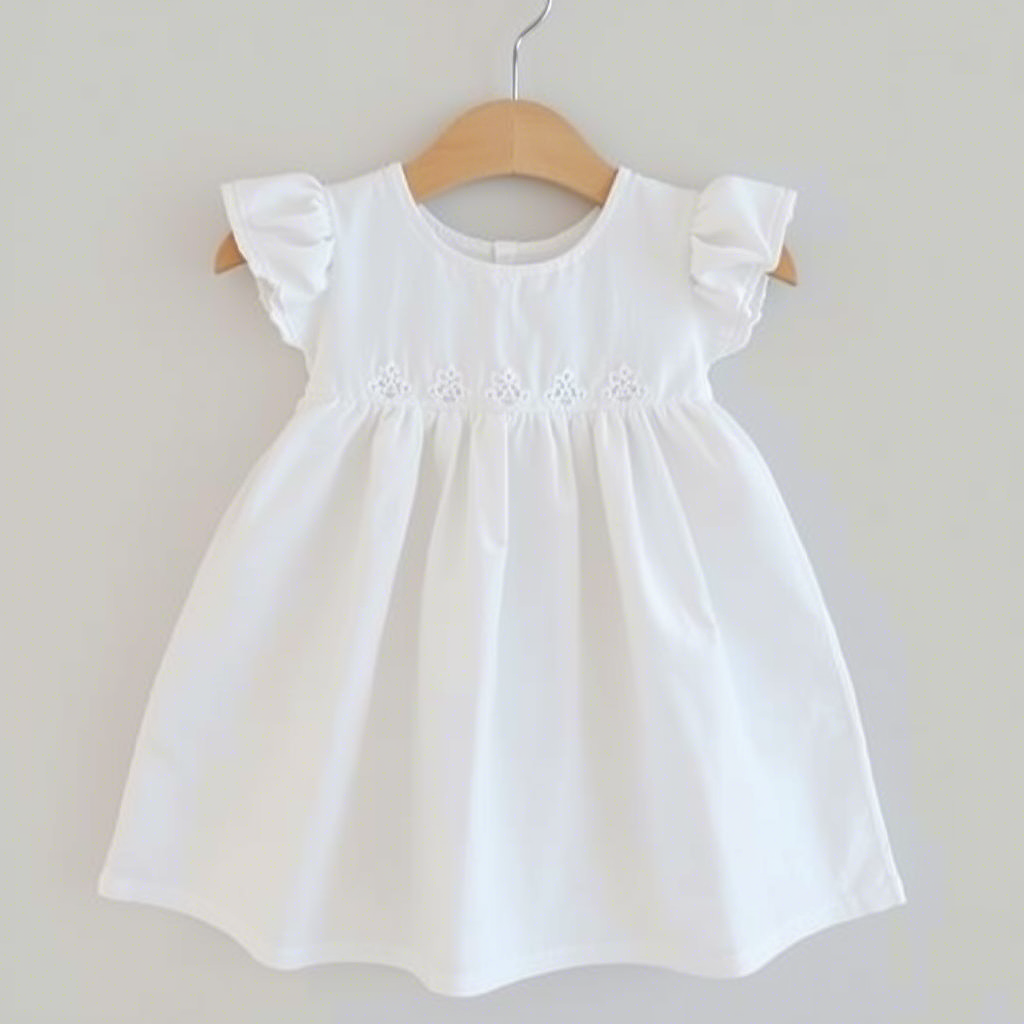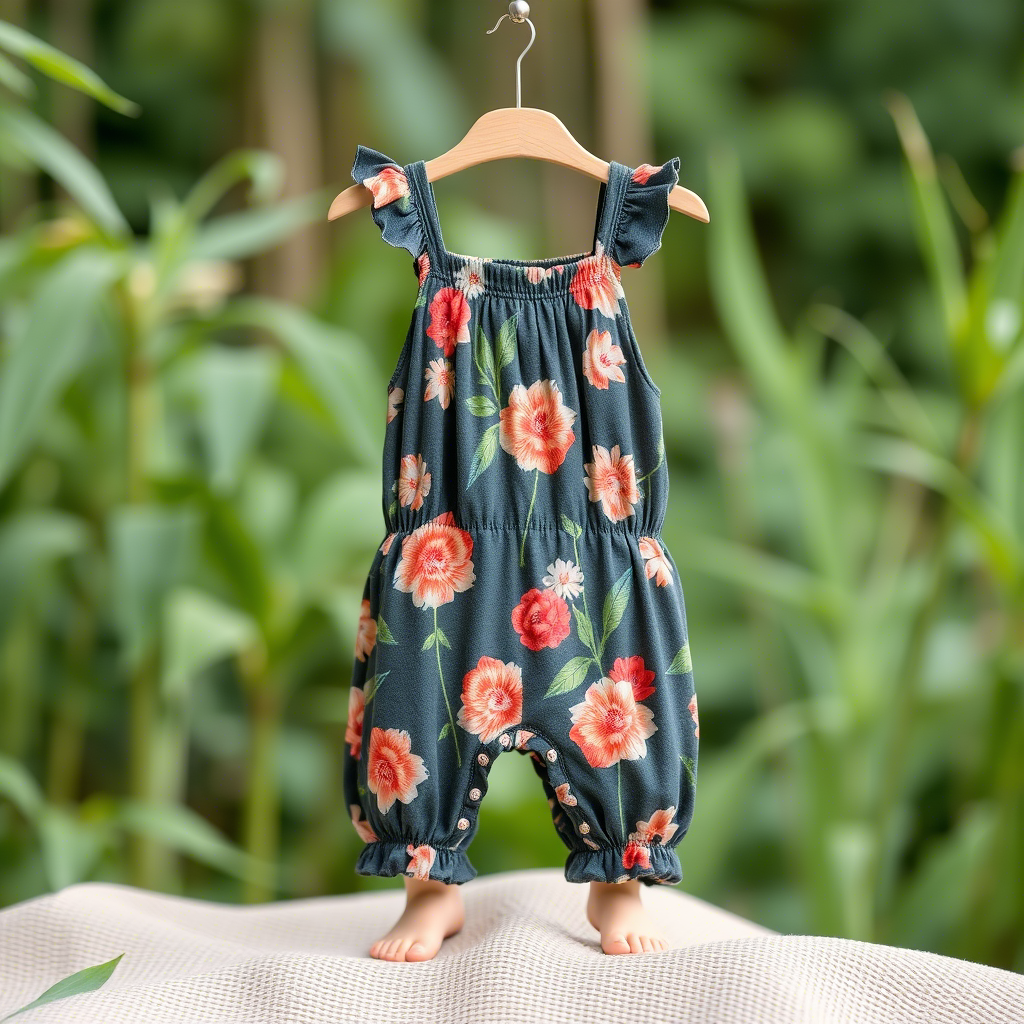Organic Baby Clothes: Why Choose Natural Fabrics For Your Baby
As a parent, choosing the right clothes for your baby is a crucial decision that affects their comfort, health, and overall well-being. With the increasing awareness of environmental and health issues associated with conventional clothing, many parents are turning to organic baby clothes made from natural fabrics. In this article, we will explore the significance of choosing natural fabrics for your baby’s clothing and why it’s a better option.
Benefits of Natural Fabrics for Baby Clothes
Natural fabrics such as organic cotton, bamboo, and linen offer several benefits for baby clothes.
- Softness and Comfort: Natural fibers are generally softer and gentler on a baby’s skin compared to synthetic materials. For instance, a soft baby onesie made from organic cotton
 is not only comfortable but also reduces the risk of skin irritation.
is not only comfortable but also reduces the risk of skin irritation. - Breathability: Fabrics like linen and bamboo are highly breathable, allowing for airflow that helps regulate a baby’s body temperature. A cute baby dress sewn from breathable linen fabric
 keeps the baby cool in summer and warm in winter.
keeps the baby cool in summer and warm in winter. - Sustainability: Natural fabrics are generally more eco-friendly as they are biodegradable and require less chemical treatment during production.
Health Benefits of Organic Baby Clothes
The health benefits of dressing your baby in organic clothes are numerous.
- Reduced Exposure to Chemicals: Conventional clothing may contain residues of pesticides, dyes, and other chemicals that can irritate a baby’s sensitive skin. Organic clothing, on the other hand, is made from materials grown without toxic pesticides or synthetic fertilizers.
- Lower Risk of Allergies: Natural fibers are less likely to cause allergic reactions. For example, an adorable baby romper crafted from natural bamboo fibers
 is hypoallergenic and gentle on the skin.
is hypoallergenic and gentle on the skin. - Better for Sensitive Skin: Babies with eczema or sensitive skin can greatly benefit from wearing organic clothes as they are made without harsh chemicals.
Environmental Impact of Choosing Organic
The environmental benefits of choosing organic baby clothes are significant.
- Sustainable Farming Practices: Organic farming practices promote soil health, biodiversity, and efficient water use. This not only reduces the environmental footprint of clothing production but also contributes to a healthier ecosystem.
- Lower Carbon Footprint: Producing organic fabrics typically results in lower greenhouse gas emissions compared to conventional fabric production.
- Biodegradable Materials: At the end of their life cycle, organic clothes can decompose naturally, reducing textile waste.
Practical Considerations for Parents
When it comes to choosing organic baby clothes, there are several practical considerations.
- Durability: While organic clothes might be more expensive upfront, they are often more durable and can be passed down or reused, making them a cost-effective option in the long run. For more durable and stylish options, consider checking out boys’ coats that are both functional and fashionable.
- Care Instructions: Understanding how to care for organic clothes can extend their lifespan. Generally, washing them in cold water and line-drying can help preserve the fabric.
- Certifications: Look for certifications like GOTS (Global Organic Textile Standard) to ensure that the clothes meet certain organic and environmental standards.
Making the Switch to Organic Baby Clothes
Transitioning to organic baby clothes can seem daunting, but there are simple steps you can take.
- Start with Essentials: Begin with basic items like onesies and sleepers, which are staples in any baby’s wardrobe. You can explore a variety of organic options for these essentials.
- Gradual Replacement: As your baby grows, gradually replace conventional clothes with organic ones. For a stylish and comfortable option, you might want to look into girls’ dresses made from natural fabrics.
- Second-Hand Options: Consider buying second-hand organic baby clothes to reduce waste and save money.
Conclusion
Choosing organic baby clothes made from natural fabrics is a decision that benefits not only your baby’s health and comfort but also the environment. By opting for natural fibers like organic cotton, bamboo, and linen, you can ensure your baby is dressed in the softest, most breathable, and sustainable clothing available. As you make this switch, remember to look for certifications, care for the clothes properly, and consider gradual replacement and second-hand options. By making informed choices, you can provide your baby with the best start in life while contributing to a more sustainable future.

Comments